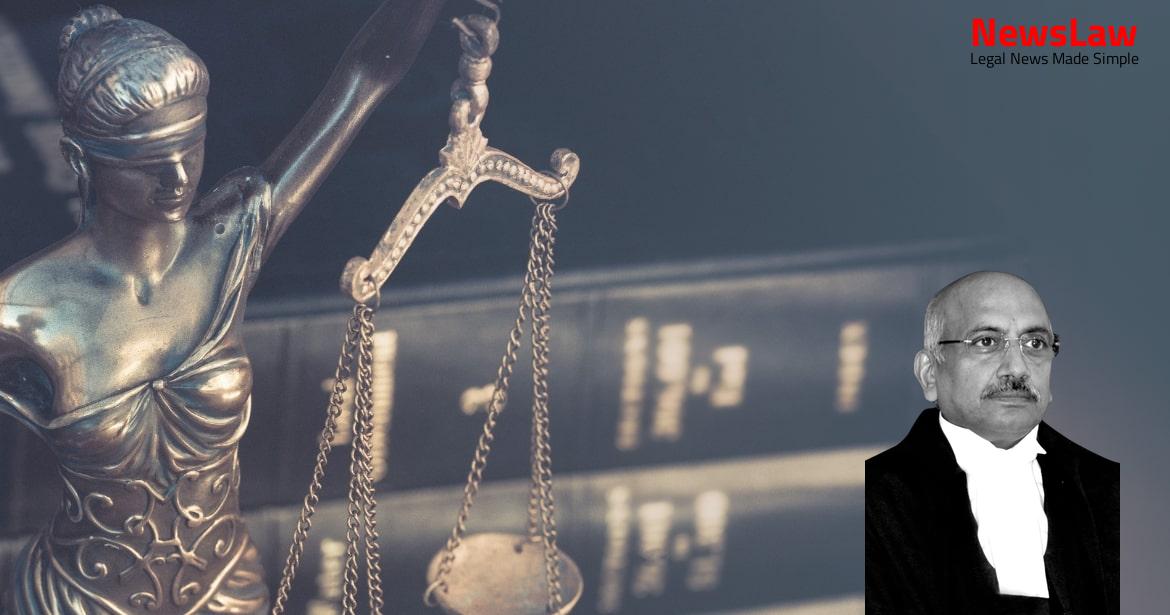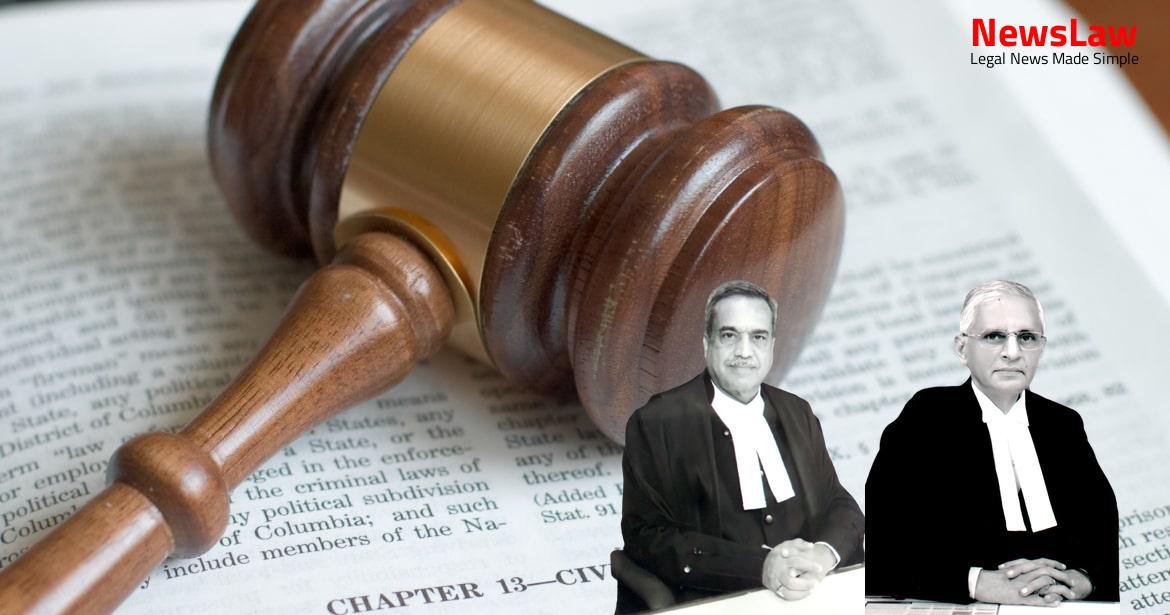Explore the nuanced legal analysis of gender equality within the Indian Army, focusing on the recent court judgments and policy changes. This summary highlights the complexities and considerations of upholding fundamental rights while maintaining discipline and operational effectiveness in the Armed Forces. The discussion sheds light on the challenges faced by women officers in pursuit of parity with their male counterparts and the constitutional framework governing the rights of Armed Forces members.
Facts
- Women officers engaged on Short Service Commissions in the Army seek parity with their male counterparts in obtaining Permanent Commissions.
- The women officers have spent a decade or more in litigation pursuing their right to equality in service opportunities.
- The issue primarily revolves around the quest for women officers to be granted Permanent Commissions in the Indian Army.
- The struggle for equality and the demand for Permanent Commissions for women officers form the crux of the appeals.
- The situation highlights a disparity in treatment between male and female officers in terms of career advancement within the Army.
- Women SSC officers who were parties before the High Court but had been discharged from service secured the benefit of being reinstated.
- The circular granting PCs only prospectively and to certain specified cadres was challenged before the Delhi High Court.
- A high powered committee was constituted by the Union Government to consider the grant of PCs to SCC women officers.
- Women officers granted PCs would serve in various staff appointments based on qualifications and performance.
- The Union of India contends that restrictions on employability of women in the Army are due to operational compulsions.
- Some women officers were entitled to pensionary benefits even if they hadn’t completed twenty years of service.
- The judgment of the Delhi High Court upheld the benefit of PC for women SSC officers in select appointments.
- The communication dated 25 February 2019 provided for PCs to SSC women officers in certain arms or services of the Army.
- The new policy allowing for PCs to SSC women officers would come into effect prospectively.
Also Read: Interpretation of Parliamentary Privileges: Immunity from Prosecution for Bribery
Arguments
- The Union of India has raised concerns regarding the physiological limitations on the employability of women officers accentuated by challenges such as confinement, motherhood, and childcare.
- The Union of India has highlighted the dangers of women officers being captured by the enemy and becoming prisoners of war.
- The Union Government argues that the recommendations of the AVS Committee only apply to officers in Combat and Combat Support Arms, leaving women officers in other branches without pensionary and promotional benefits at par with male counterparts.
- Women officers with over fourteen years of service may be allowed to serve up to twenty years without consideration for permanent commission, after which they will be released with pensionary benefits, subject to meeting certain criteria.
- The Union Government contends that the presence of women officers may impact unit cohesion, and thus specific guidelines have been proposed for their career progression and appointments.
- The Union Government introduces a Command Exit Model for the allocation of vacancies, claiming it aligns with operational requirements of the Army.
- The respondents challenge the Union Government’s actions, arguing that women officers have not been given equal opportunities for professional growth and face discrimination in areas such as job security and career progression.
- Women officers are recognized as effective until completing fourteen years of service, with duties similar to their male counterparts in non-combat roles.
- The Union Government reinstated women officers in the Army following a court judgment, but certain discriminatory aspects in the policy of 2019 were highlighted by petitioners.
- The petitioners emphasize the need for equality of opportunity and challenge the organizational bias and lack of clear promotion policies for women officers in the Army.
- The respondent argued that the Armed Forces are structured to maintain discipline and hierarchy.
- They further contended that courts should not interfere in matters of military policy as it could disrupt the functioning of the Armed Forces.
- It was emphasized that courts lack the expertise and understanding of military affairs to make judgments in such cases.
- The respondent cited examples of other countries where courts have refrained from intervening in military matters.
Also Read: Legal Analysis on Arbitration Petition Limitation Period
Analysis
- The judgment discusses the evolutionary process of engaging women officers in the Indian Army.
- The Union Government’s policy change in February 2019 regarding the prospective application of granting PCs to women SSC officers in ten streams is emphasized.
- The significance of non-compliance by the Union Government with the Delhi High Court’s judgment is highlighted, causing prejudice to women officers.
- The lack of justification provided by the Army for the differentiation between women and men officers in terms of criteria or command appointments is pointed out.
- Examples of commendable achievements by women officers in the Indian Army are listed to show their valuable contributions.
- The Court addresses the discriminatory nature of certain beliefs and stereotypes regarding the roles and capabilities of women officers in the Army.
- Article 33 of the Constitution allows Parliament to restrict or abrogate fundamental rights for members of the Armed Forces.
- Such restrictions must be enacted by law and are to ensure the proper discharge of duties and maintenance of discipline.
- The impact of Article 33 is to enable Parliament to limit the application of fundamental rights to the Armed Forces.
- In the case of Ram Sarup v Union of India, the petitioner, a sepoy, was charged and sentenced under the 1950 Act and the Indian Penal Code for his actions.
- Multiple contentions were raised challenging the provisions of the 1950 Act and the trial process.
- The Court held that the provisions of the Army Act, 1950, enacted in pursuance of the power conferred by Article 33, are valid and not void to the extent they restrict or abrogate fundamental rights of Armed Forces members.
- Section 21 of the Army Act, 1950 empowers the Central Government to make rules restricting certain fundamental rights in a necessary manner for proper discharge of duties and maintenance of discipline.
- The Court emphasized that any restriction on fundamental rights for Armed Forces members must be by law and satisfy the tests of Articles 14 and 19 of the Constitution.
- The Court stated that the exercise of power under Section 21 of the Army Act, 1950 must conform to the restrictions inherent in Article 33 of the Constitution.
- The judgment highlighted the balancing act between maintaining Armed Forces readiness and upholding fundamental rights, particularly the principle of non-discrimination based on sex embodied in Article 15(1) of the Constitution.
- Expression ‘in various staff appointments only’ shall not be enforced
- Expression ‘on staff appointments only’ shall not be enforced
- No reason or justification for excluding women from various command assignments
Also Read: Analysis of High Courts’ Jurisdiction and Court Orders Under Article 142
Decision
- All serving women officers on SSC will be considered for the grant of PCs in all ten streams.
- Options for PCs will be available to all women currently in service as SSC officers.
- Women officers on SSC with more than fourteen years of service who do not opt for PCs will be entitled to continue in service until they attain twenty years of pensionable service.
- SSC women officers who are granted PC will receive all consequential benefits including promotion and financial benefits.
- The policy decision by the Union Government allowing for the grant of PCs to SSC women officers in all ten streams is accepted.
Case Title: SECR.,MINISTRY OF DEFENCE Vs. BABITA PUNIYA (2020 INSC 198)
Case Number: C.A. No.-009367-009369 / 2011



